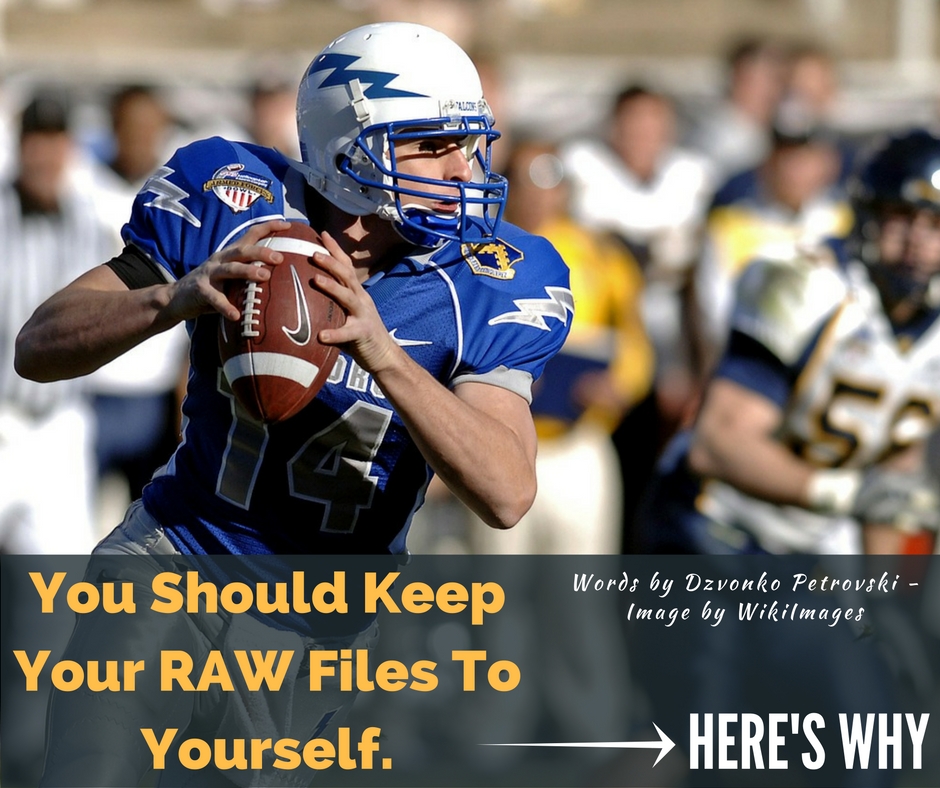
To Keep Your RAW files is something that has been discussed quite a lot the past couple of years, since it has been a trend among clients to ask for them.
Many photographers hand them over, many don’t. It boils down to personal preference.
I’m one of those people that doesn’t like handing over RAW files for several reasons, and I would advise you not to do it too. Since the more photographers hand over RAW files, the more clients will ask for them, because for them it feels like an added value.
With RAW files, generally, you have no option but to edit them. So it's a good idea to get some knowledge on post processing – or even brush up on what you already might know.
This course “Beautiful Photo Editing Made Easy”, is just that, a broken down, step by step guide to learning Lightroom.
So, why don't I think you should be giving away your RAW files?
They Aren’t The Final Product
The way I see it, when a client asks to be given the RAW files along with the edited final images, it is something like asking the leftover ingredients from the chef for that cake you ordered for your birthday.
The RAW files are just that, RAW, they need to be shaped and polished towards the final product, and there is no reason for the client, nor anybody else for that matter to see them.
There are exceptions, like National Geographic, where RAW files (but only the one for the picture in question) is asked, in order for Nat Geo to be able to verify the authenticity of the image. In other words, they ask for the RAW file so they can see if you’ve doctored the scene in Photoshop, and whether the image has been heavily post processed and manipulated.
They won’t ask for all your RAW files, however.
It Can Hurt Your Reputation
Most of the clients don’t really understand the photography process, in fact, they don’t need to, that is why they hire you. But when they see that for the 200 images they get, you’ve taken 2000, and when they see the difference between both it can hurt your value.
For the majority of the clients, a photographer is a person who takes the shots, so they expect the shots to be awesome straight out of camera. And we all know that it's rarely the case they are, especially with RAW files having flat profiles and so forth.
 Photo by Dzvonko Petrovski
Photo by Dzvonko Petrovski
Clients Can/Will Be Disappointed
This comes as a result from the previous point. When the comparison is made between quality versus quality and quantity versus quantity, clients will get disappointed.
- First of all, they will think that you're lazy not editing all the shots because (in their eyes) you could have given them all the shots edited,
- Secondly, they will think that you aren’t actually a good photographer and you get away with editing. Yes, editing is still taboo, and will probably remain so for quite a while.
Your Pictures Can Be Edited By Others
This is basically the second biggest issue I have with providing RAW photos. It means I’m giving them all the tools they need to infringe on my copyright and basically mess up my work. And your work too if you give everyone your RAW files.
The final product is what you are doing. RAW files aren’t that. If somebody else edits them, especially without your permission, it is a pain to get rid of – because they have your RAW files.
Not having the RAW files as your backup in case of copyright infringement basically ruins the case you have out right.
Quality Over Everything
At the end of the day, what separates you from the occasional smartphone snapper is the quality of the image you provide. Giving only your best work and keeping everything else out of prying eyes is good for your name and reputation. And your reputation is your business, that is what gets you clients and keeps your business going.
Doing something that can hurt your reputation, to put it bluntly, is career suicide. If you do some research, you’ll see that almost all of the most famous photographers keep everything but their best work to themselves. There is almost no exceptions to that. They are aware of the game, they know the business, and they make the most out of it, so should you.
Summary
To put this simply, this is just the way I see things, and in my opinion most photographers as well. However, you should do the math yourself and decide what is best.
Keep in mind however that the decisions you make affect the industry as a whole, and if you aren’t sure about it, then you should probably consult with somebody more experienced in the field. Or at least, as always, look for opinions on the matter.
With RAW files, generally, you have no option but to edit them. So it's a good idea to get some knowledge on post processing – or even brush up on what you already might know.
This course “Beautiful Photo Editing Made Easy”, is just that, a broken down, step by step guide to learning Lightroom.
Further Resources
- 5 Common Professional Photographer Mistakes To Avoid by Destin Sparks
- These Are the Advantages and Disadvantages Of Shooting Raw by Dzvonko Petrovski
- Protect Your Images…By Adding Contact And Copyright Metadata To Them by Tiffany Mueller
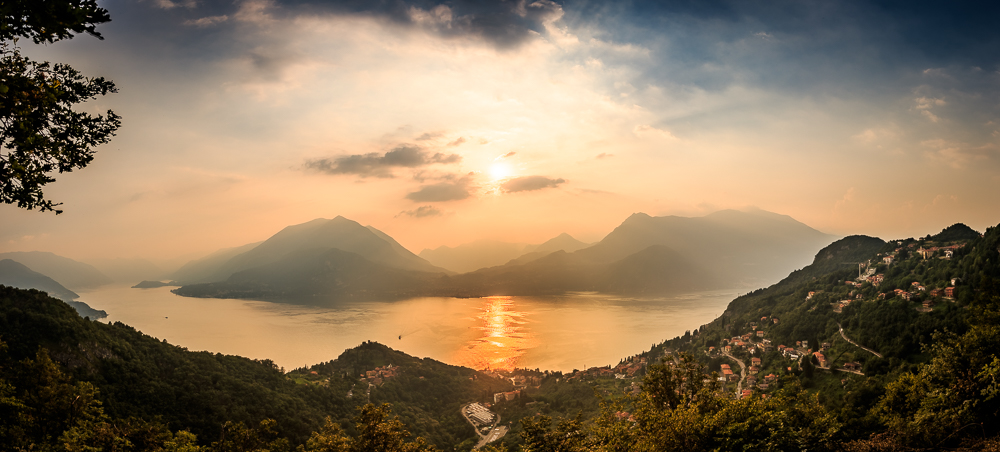

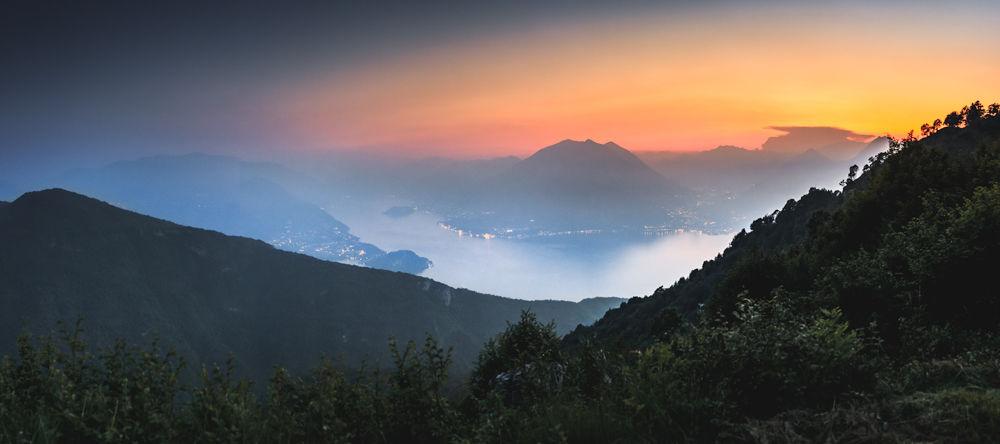


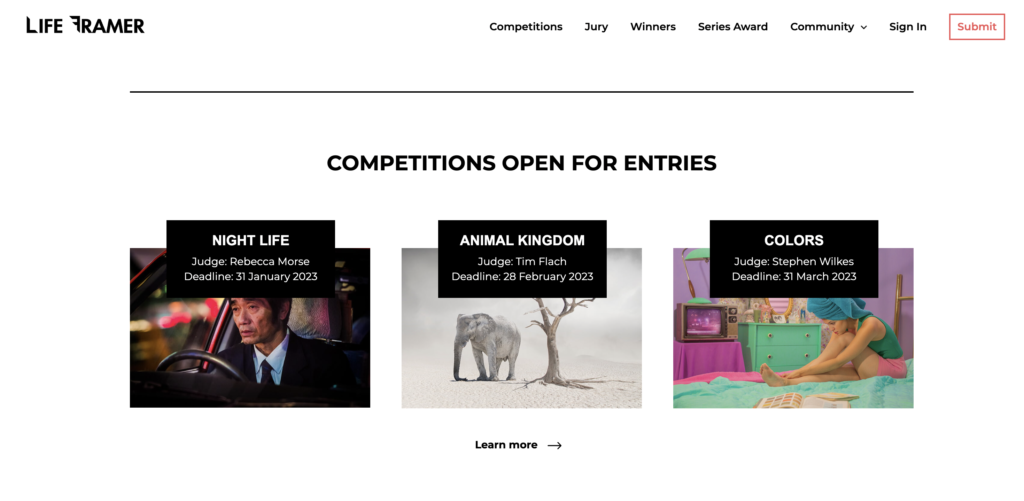

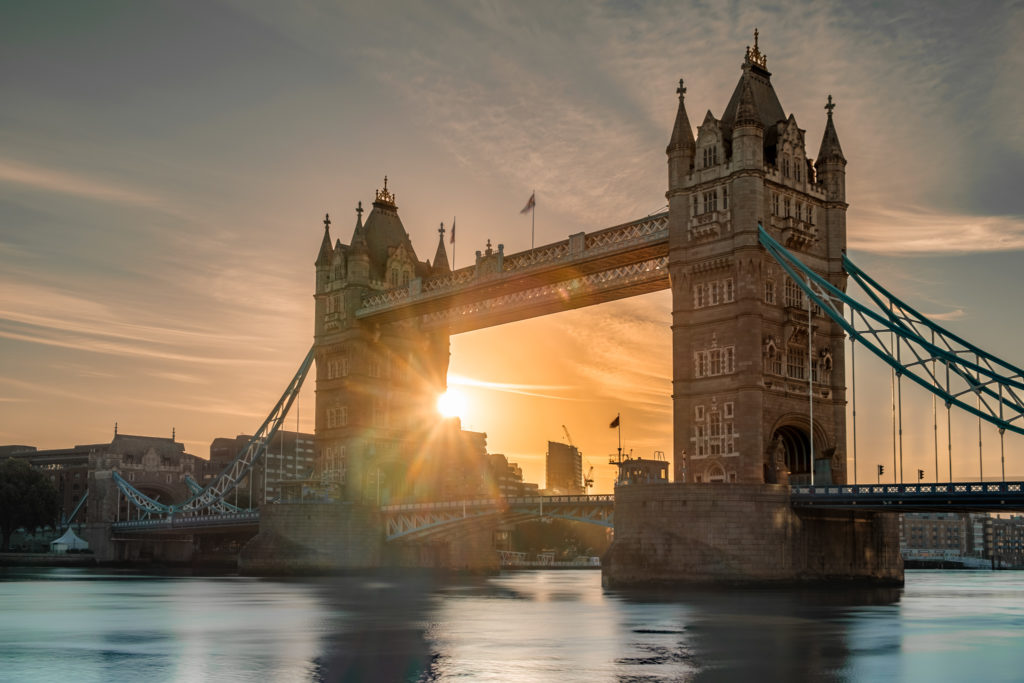
2 Comments
Good article, I never give out the raw files. This is my backup in case of image theft, copyright as I have the original and the offender does not along with all the camera meta data as well.
Ron Cartier Protography
If you are selling photography, whether to sell raw files is not a personal preference, it is a business decision. IMO, you should charge lot$ for them and also make it a formal contract point to totally disassociate your name and business name from any resulting images. This should be done prior to any photos being created. Why is this so hard?